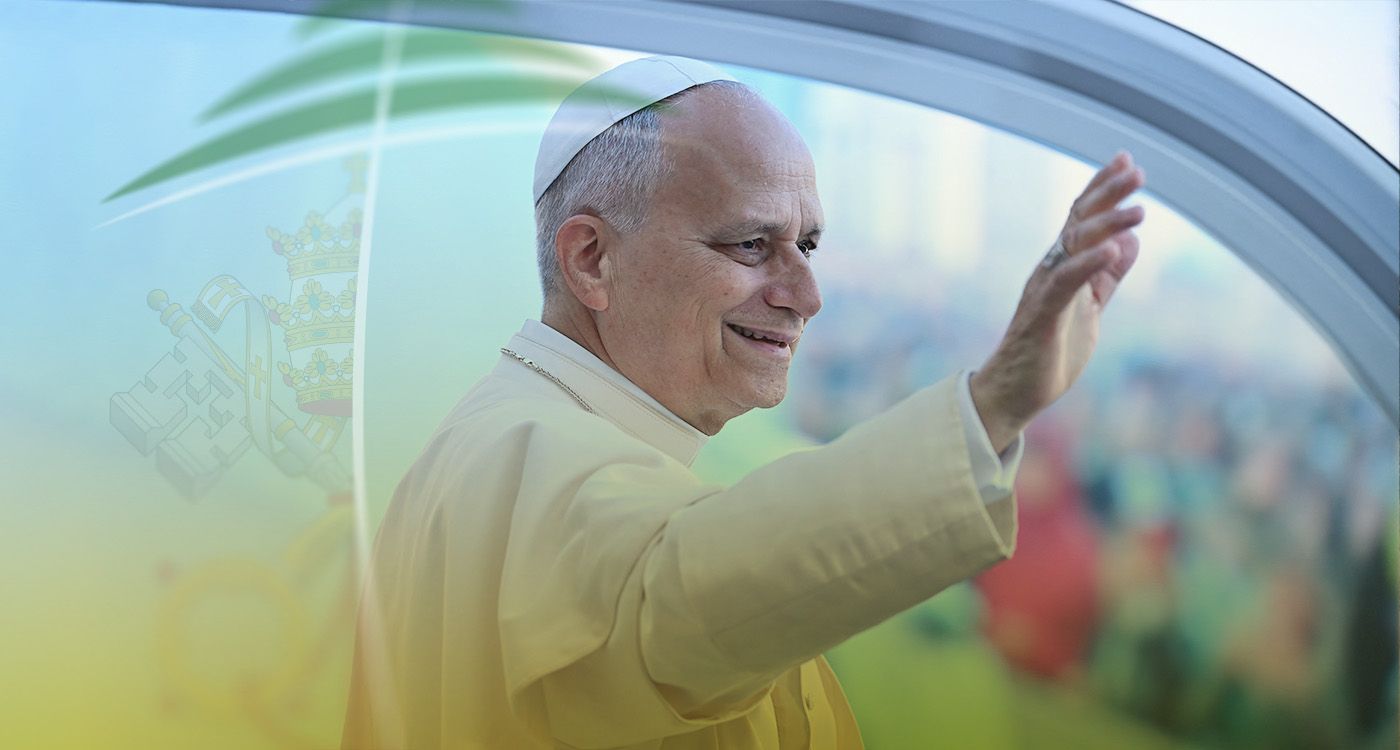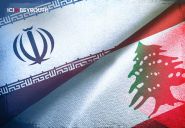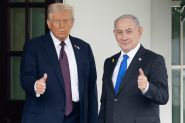
For three days, Lebanon will stand still, and for a moment, its people may look together toward a common horizon.
In Beirut, residents are awaiting Pope Leo XIV’s visit, scheduled from November 30 to December 2, with a mix of hope and caution, anticipating a unique moment for a capital suspended in uncertainty. Across Beirut, in cafés, malls, offices, and homes, the pontiff's expected arrival is sparking a wide range of feelings. Between hope, devotion, caution, and indifference, Lebanese citizens share their thoughts.
A Beacon of Peace in a Clouded Sky
For many, Pope Leo XIV’s visit carries personal significance: a call for peace, a blessing, or a sense of renewal. Rolla describes it as “a message of hope and unity that our country truly needs.”
“For a large majority of Lebanese, whatever their faith, his presence is a spiritual light that brings people together, eases tensions, and reminds us of the importance of peace,” she adds.
Amer sees it similarly, describing the visit as “a source of hope and peace for all Lebanese, regardless of their background.”
Beyond symbolism, he reads it as a sign. “If he chooses to come now, risking his life, it will bring peace and well-being to others, and God willing, it will be good for everyone.”
Hope the Pope Hears Lebanon’s Prayers
Michèle highlights the historic significance of the visit in a region shaken by war and uncertainty. “This is the first country in the region he is visiting. I hope God hears his prayers, that he spreads peace, and perhaps even opens the eyes of those who govern us,” she says.
Tala simply hopes the visit “will bless Lebanon and keep it safe from another war.”
For Milia, the visit is deeply personal. “My children go to school with the Sisters of the Cross. Since the Pope will be visiting the hospital they run in Jal el-Dib, we were invited, as parents and students, to welcome him. We’ll be there. I just hope to catch a glimpse of his face in the crowd.”
Beyond the religious dimension, she sees it as a promise of peace: “God willing, peace will prevail in Lebanon,” she adds.
Rooted in the Country’s Christian History
Balkis sees the papal visit primarily as “an affirmation of the presence of Christians in this region.” She notes Lebanon’s and Palestine’s spiritual significance as “the very heart of the birth of Christianity.”
Beyond history, she also sees a strong national symbol. “Since Lebanon brings together several religions, hosting the pope shows we are a country united in our beliefs, each in our own way. We are united, and we accept each other.”
Her memory of John Paul II’s visit in May 1997 remains vivid. “I attended the mass nearly 30 years ago. I was so happy. I hope the Pope will always come here so there will never be any more war.”
Assaad sums it up simply: “It’s Lebanon, that’s all. And it’s the beginning of Christianity in the region.”
Echoing the Iconic Message of John Paul II
Tarek links the visit to Pope John Paul II’s famous words: “Lebanon is a message.” He sees Pope Leo XIV’s upcoming visit as a continuation of that legacy. “It represents Islamic-Christian coexistence, a message to carry forward among all communities and cultures,” he says.
Joe analyzes the visit on several levels: spiritual, historical, and political. He emphasizes the significance of Pope Leo XIV’s first visit since his election and recalls Pope Francis’s wish to come to Lebanon after the Beirut port explosion in August 2020.
“He wanted to support the Lebanese, to ‘embrace’ them,” Joe says. He adds that this visit is “a message of hope, peace, and coexistence in a Lebanon where multiple communities live together. We are in great need of support and courage.”
Indifference and Conscious Neutrality
Not everyone feels moved by the visit. Yves says it “doesn’t change anything,” neither for his own life nor for the country’s future. Karine explains that she has no emotional connection to the Pope.
“My focus is elsewhere: justice, ethics, education, the waste crisis. Events like this leave me neutral, not out of coldness, but because my priorities lie elsewhere,” she says.
Whether through joy, anticipation, caution, or distance, Pope Leo XIV’s visit is already stirring conversation. For three days, Lebanon will stand still, and for a moment, its people may look together toward a common horizon. Above all, the testimonies collected reveal a population that continues to hope, against all odds.




Comments